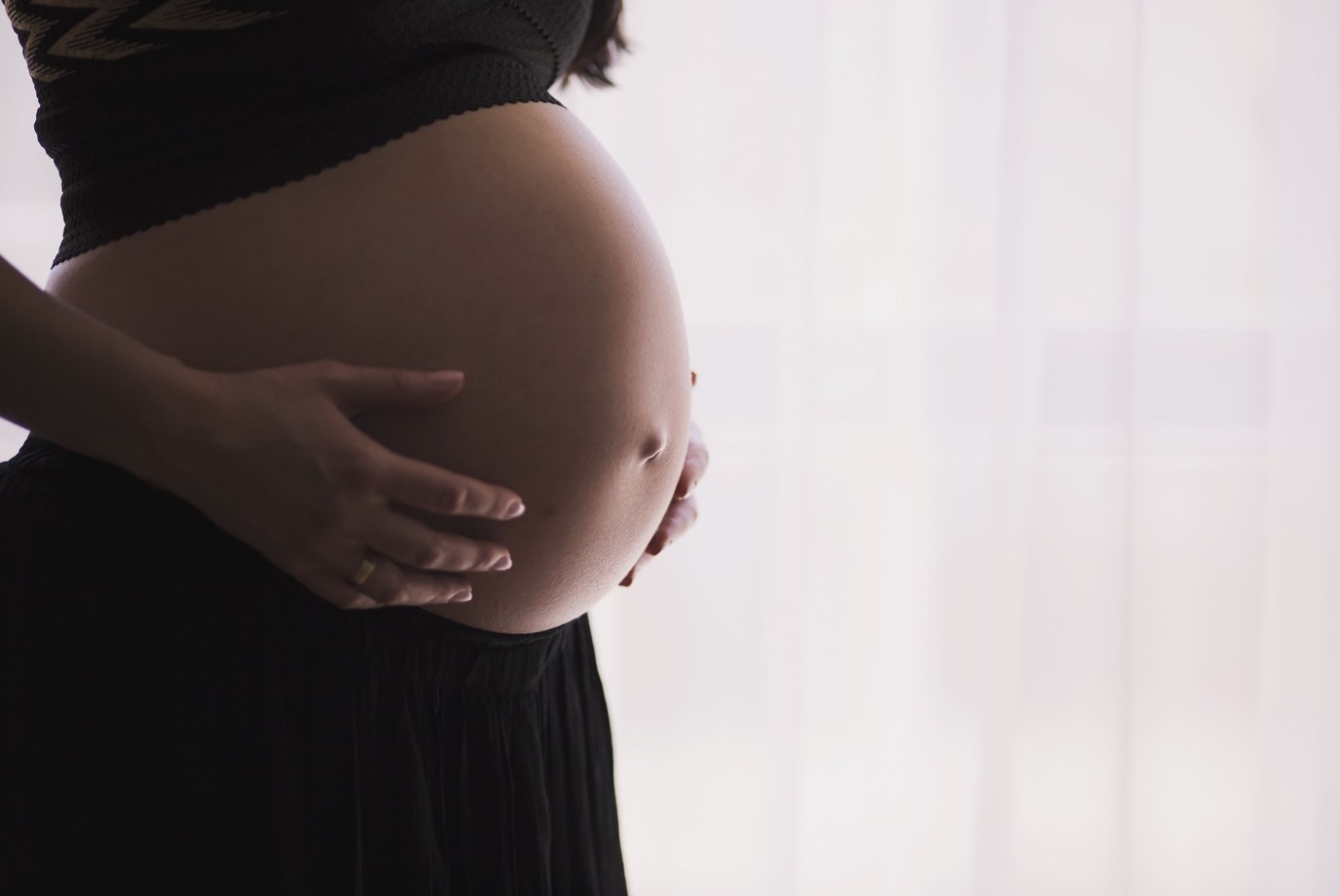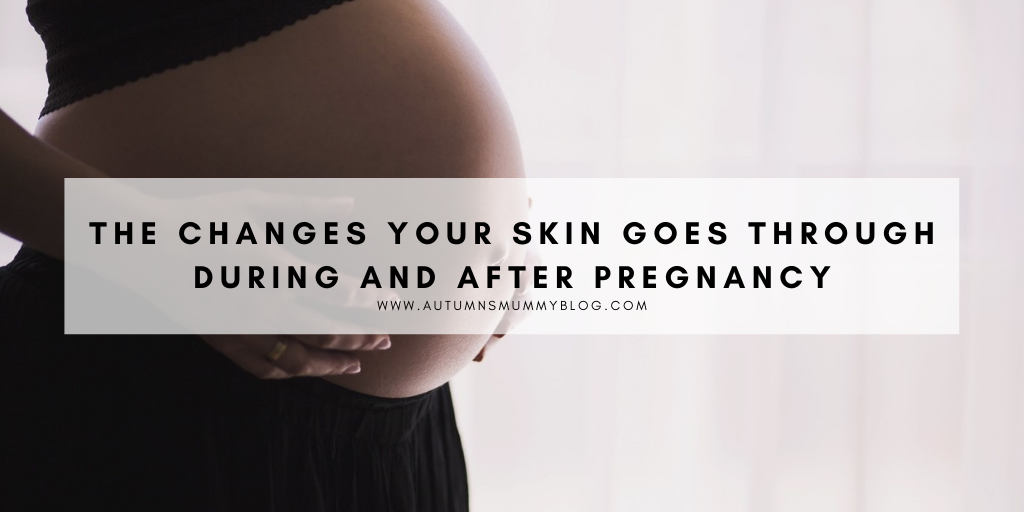
Collaborative Post¦ Pregnancy brings many changes to your body, and this included changes to your skin. So, while you may have ‘that pregnancy glow’, there are some other changes that your skin goes through. Some of these changes are well known, such as stretch marks, but others might come as more of a surprise if you don’t know about them beforehand. For this reason, I’ve put this article together to hopefully shed some light on these changes and hopefully help any readers who may not be aware of them.
Stretch marks
As mentioned, this is one of the changes that can happen to your skin that is most commonly associated with pregnancy. According to the NHS, 8 out of 10 pregnant women will be affected by stretch marks either during or after their pregnancy. They are caused by the middle layer of skin, known as the dermis, becoming stretched and broken in places.
For many women, stretch marks will naturally fade post-pregnancy. However, many different oils and creams claim to prevent or treat stretch marks, but there is limited evidence to back these claims up. A more reliable treatment for stretch marks is a course of microneedling sessions. This treatment creates tiny punctures in the skin which cause the skin to begin its natural healing process, generating new skin cells, which reduces the visibility of stretch marks.
Varicose veins
While not directly related to the skin, the visibility of varicose veins through the skin on the legs is common during pregnancy. This is a result of increased pressure being put on veins by the uterus. They can also be affected by the hormonal changes taking place during pregnancy. It is common for varicose veins to improve without any need for medical treatment after a pregnancy has been completed.
Oily or dry skin
It’s very common for women to get either oily or dry skin during their pregnancy. If your skin is becoming oily, it could be because of the hormonal changes taking place during pregnancy, stimulating the oil glands in our body to produce more oil.
On the other side of the spectrum, some women experience dry skin during pregnancy as their hormonal changes reduce the natural oils being produced and keeping skin hydrated. If this is the case, it’s vital to keep hydrated during the day and also use moisturisers to help your skin retain moisture.
Acne
Common during the first and second trimesters, acne can be one of the more uncomfortable skin changes your body goes through during pregnancy. Due to hormone changes, glands in your skin produce more sebum which can cause pores to clog up and lead to breakouts. Women who suffer from acne or skin breakouts during their menstrual cycle are at a higher risk of this happening during their pregnancy.
Treating acne during pregnancy can be difficult as you should avoid prescription acne treatment or over-the-counter spot treatments. A natural home remedy treatment may be best during pregnancy but always discuss this with your doctor before starting anything. Pregnancy acne will likely clear up on its own when hormone levels return to normal.
As any mother will tell you, pregnancy is an extremely challenging time, and additional challenges such as changes to your skin do not make it any easier. The important thing to remember is that you can always seek medical advice if you’re worried about something, and it may just be a case of waiting until your hormones have returned to normal that you will see the changes to your skin go back to normal.
Disclosure: This is a collaborative post.
